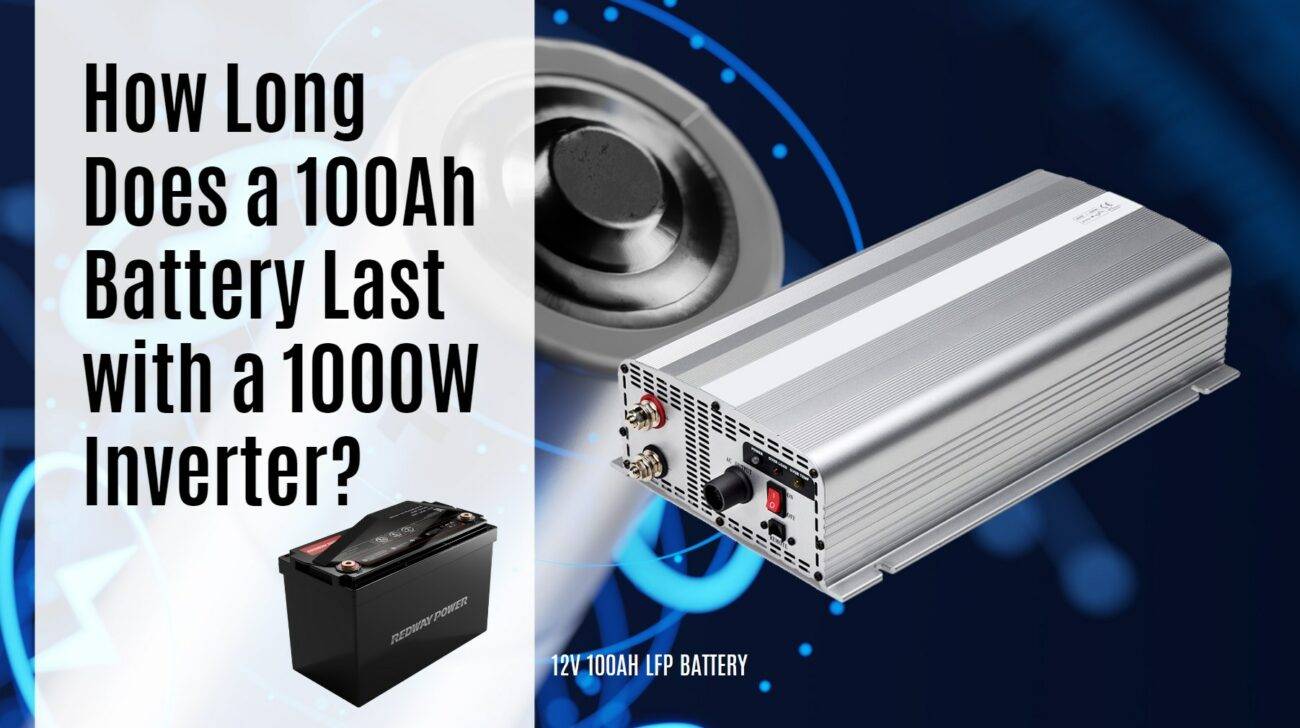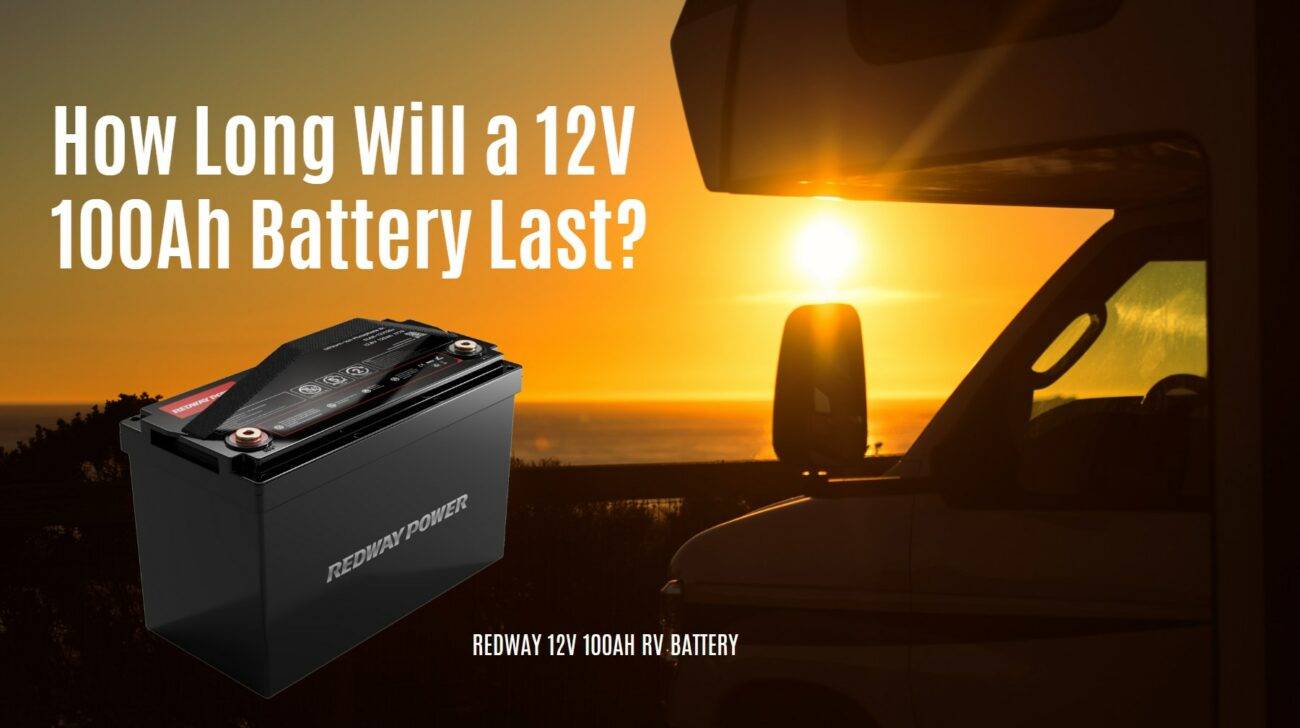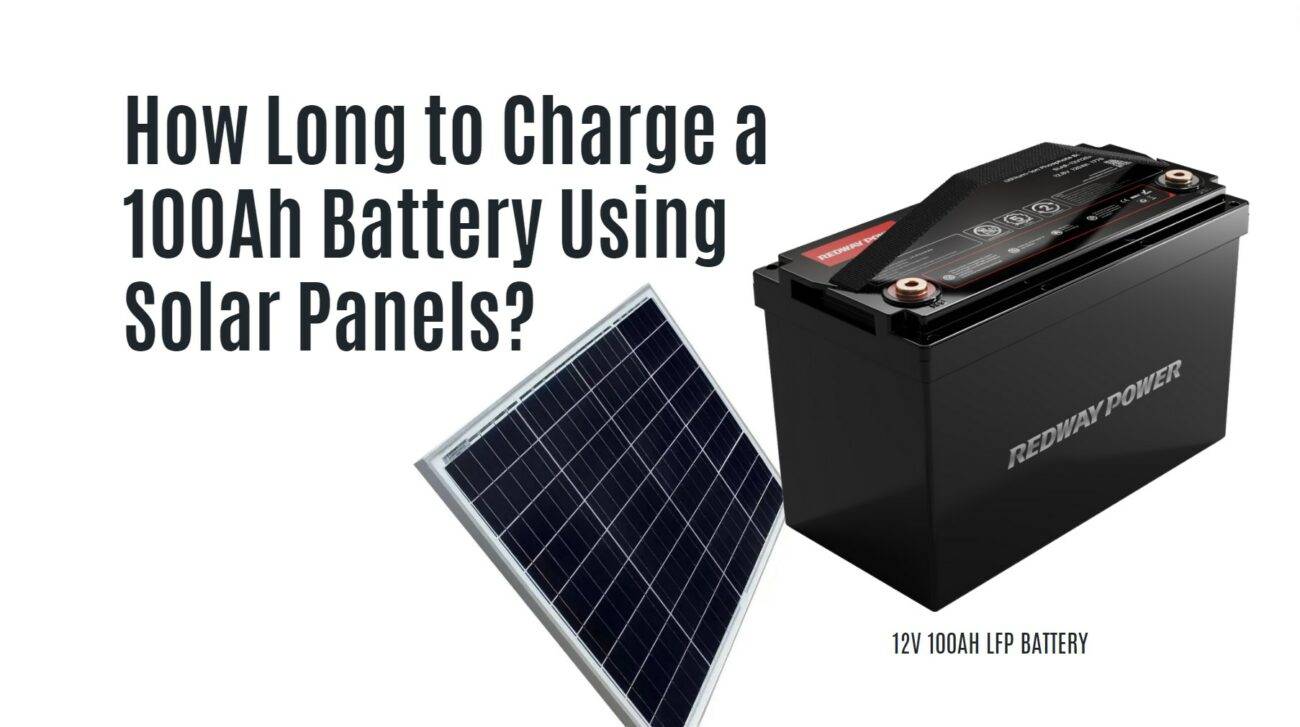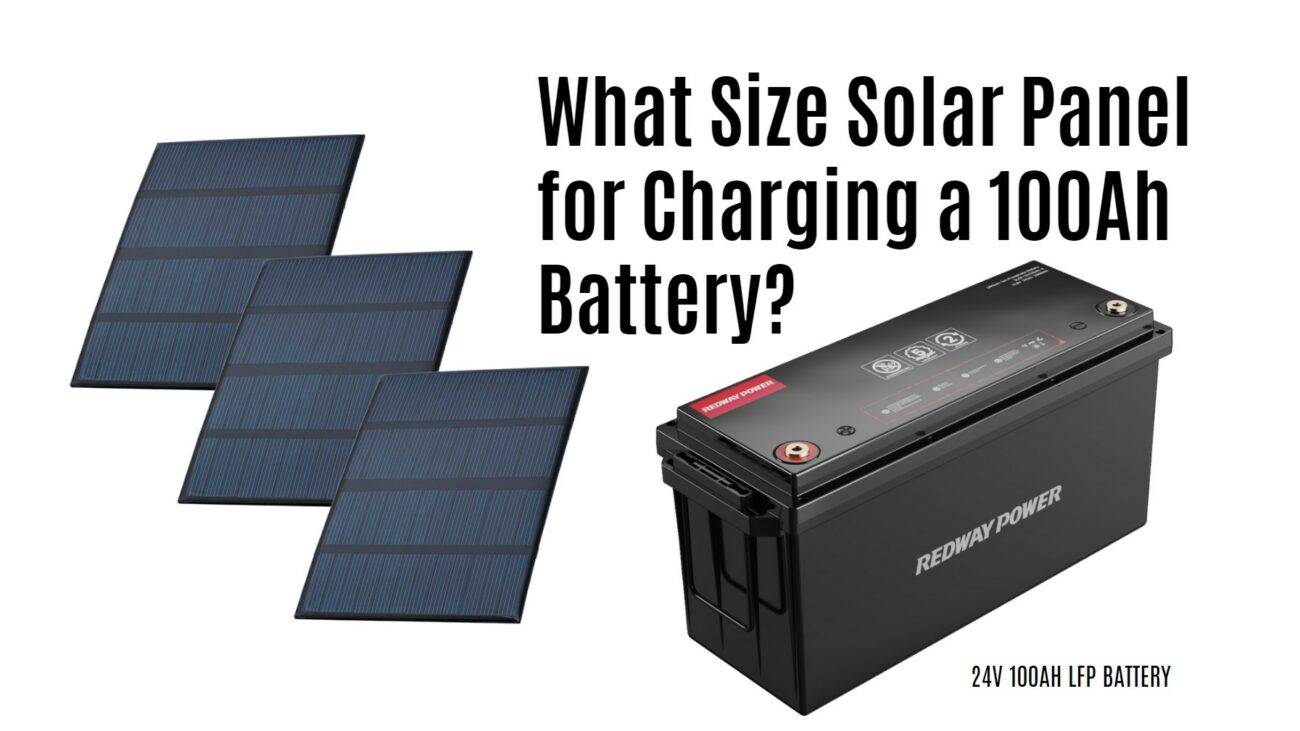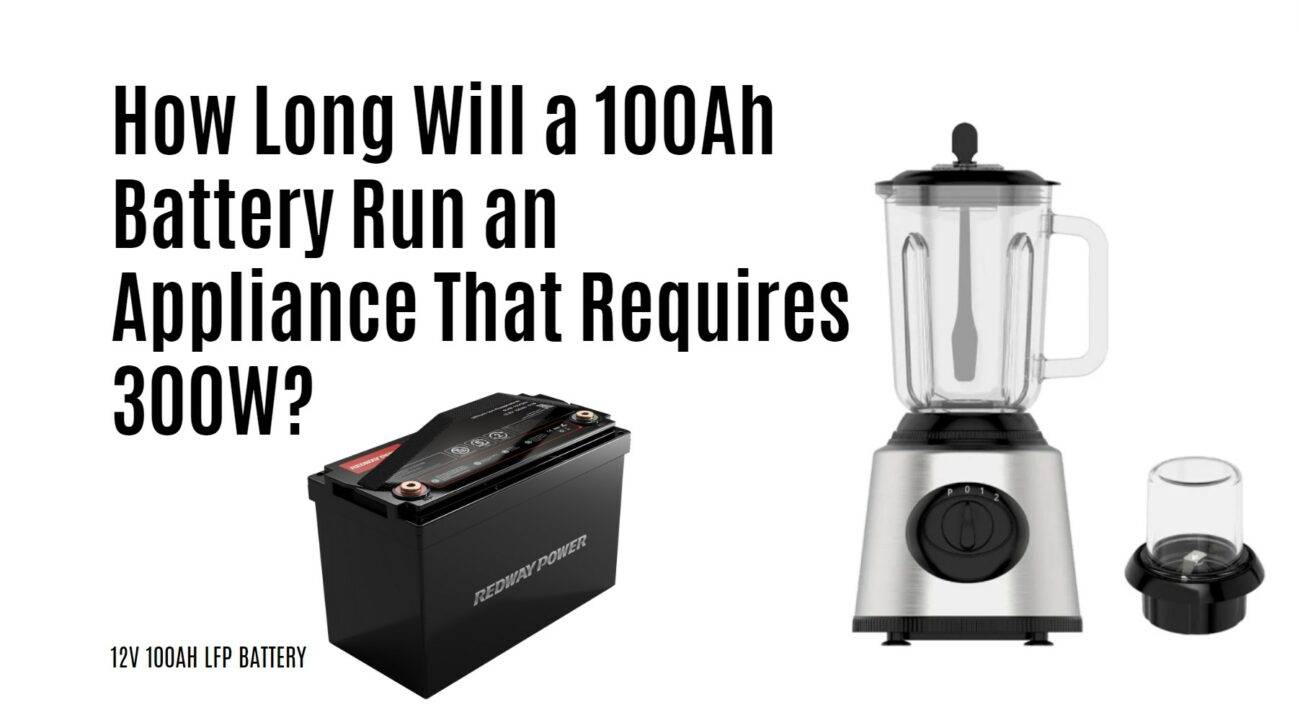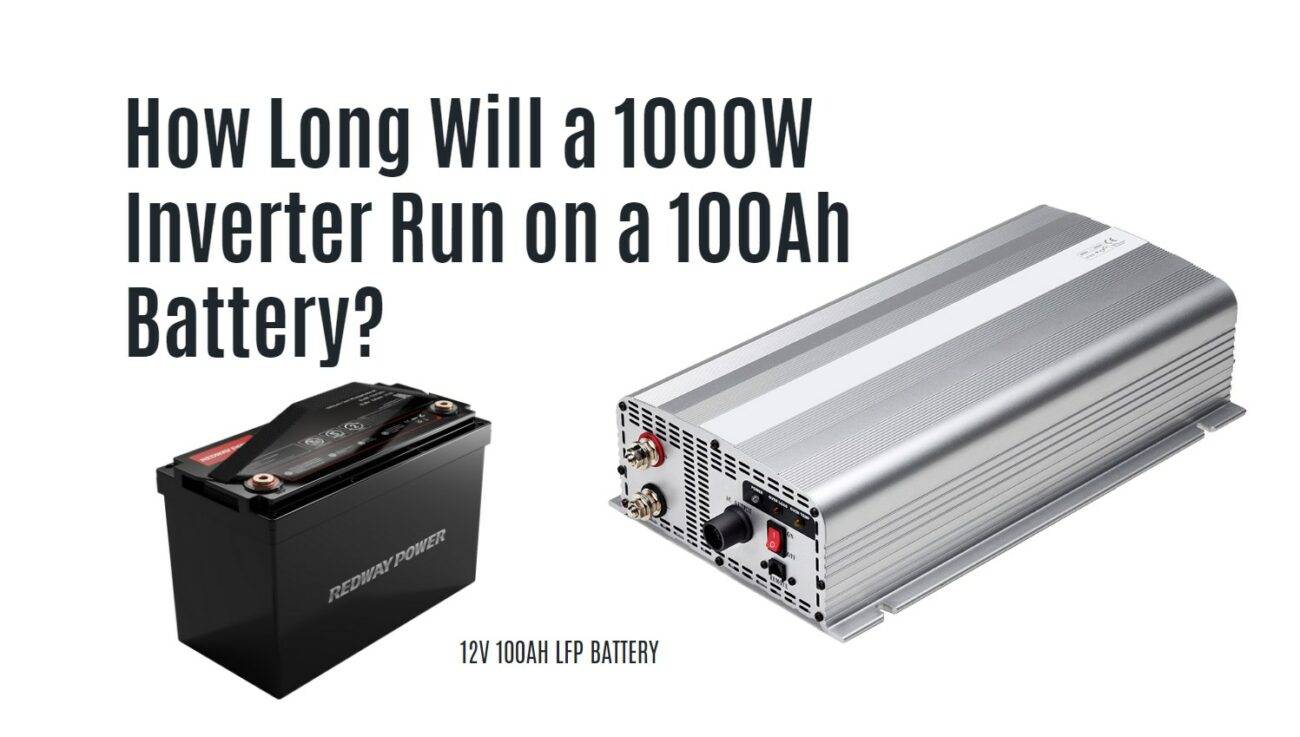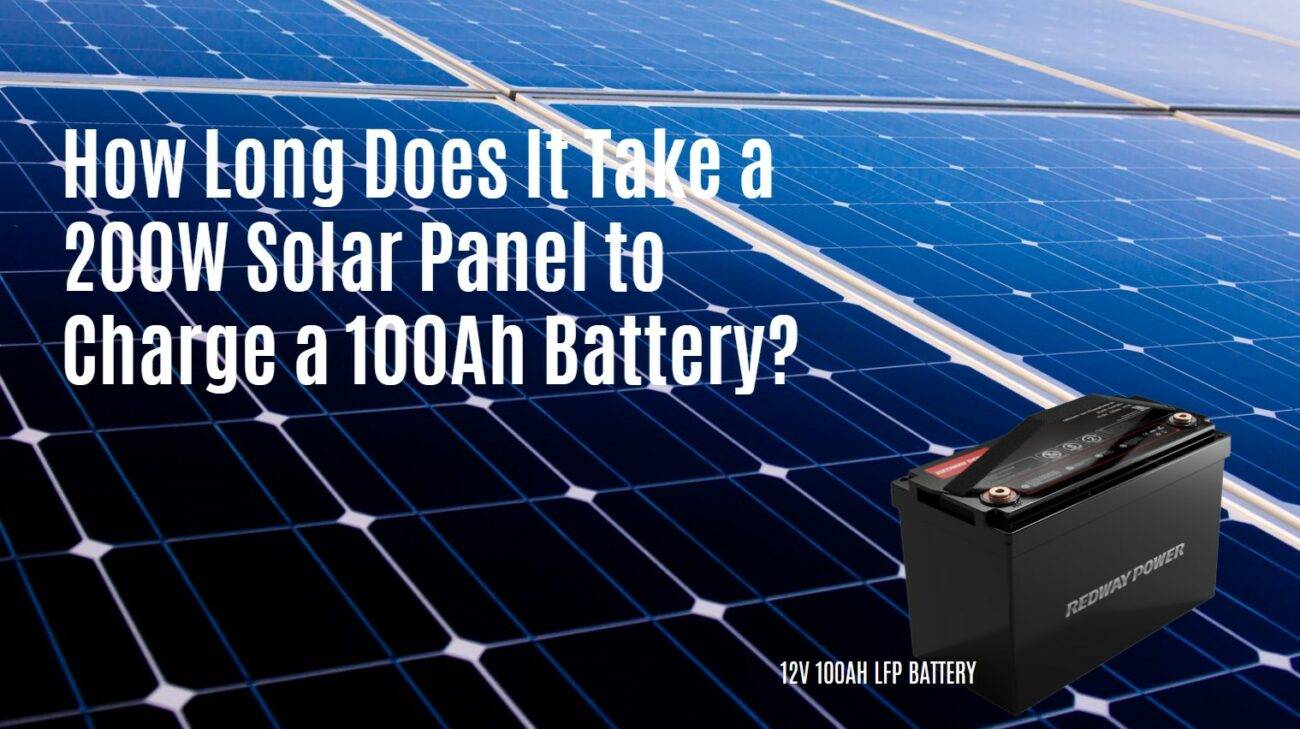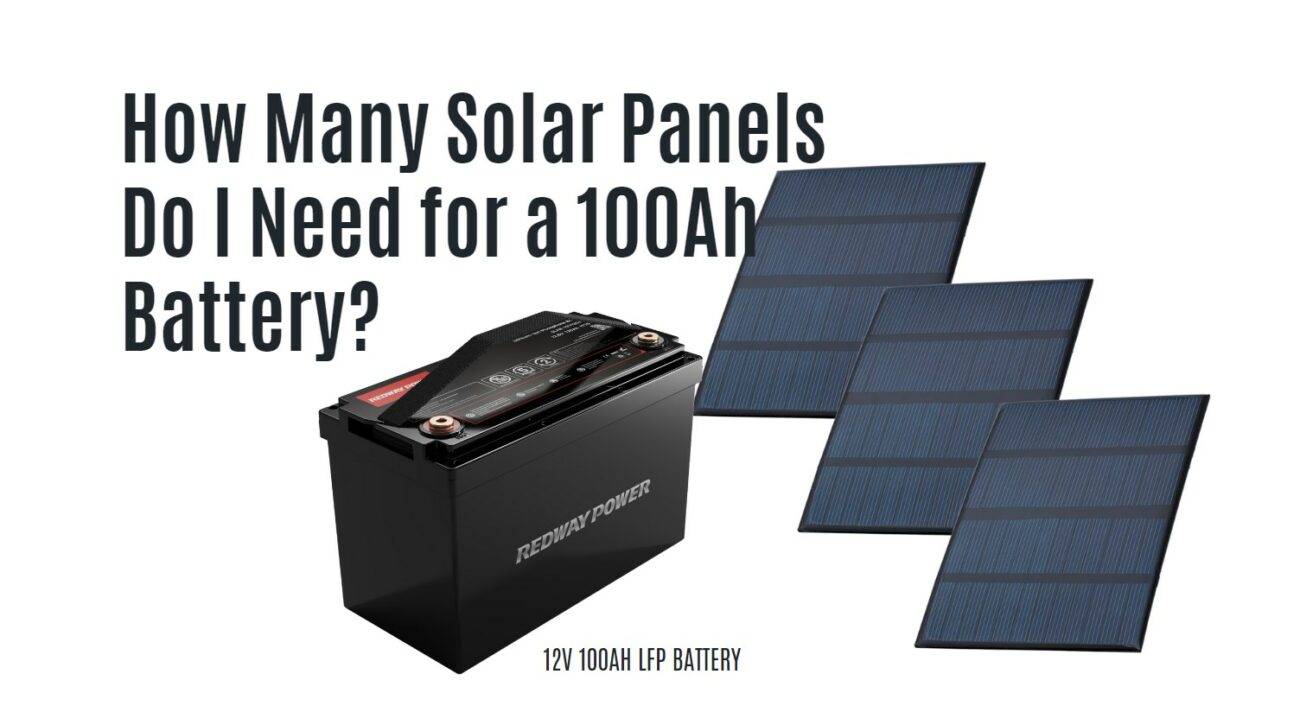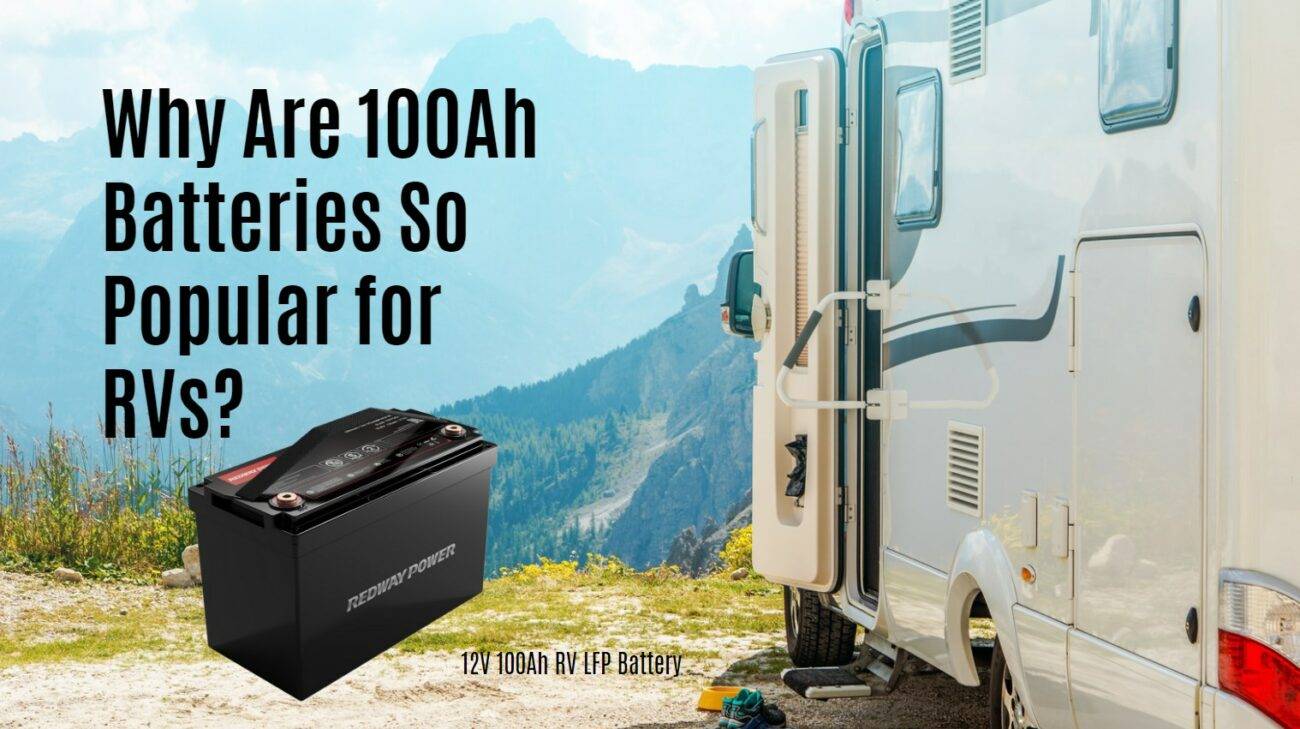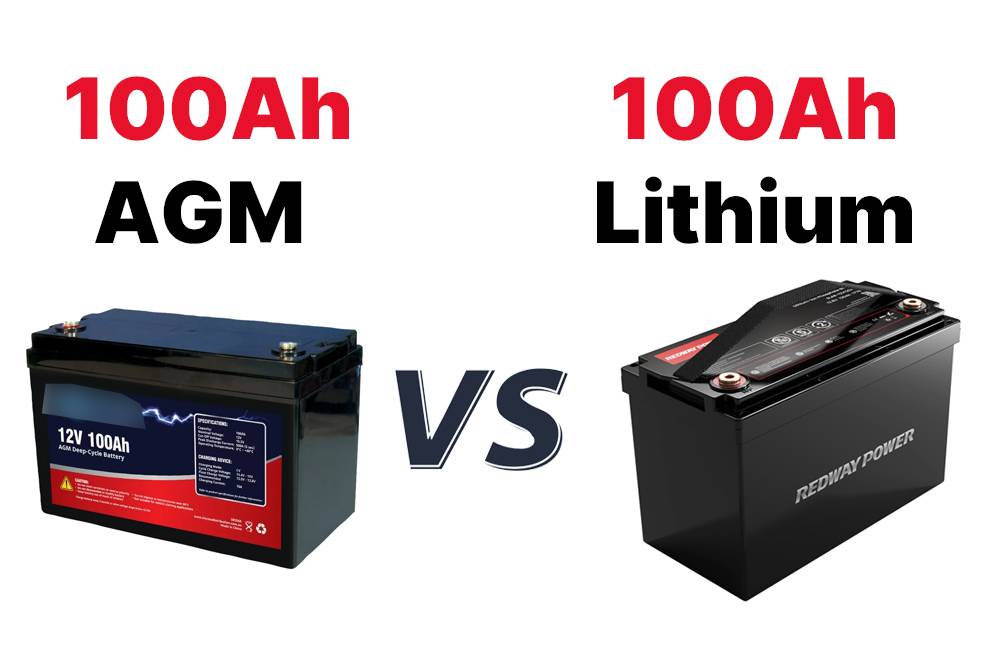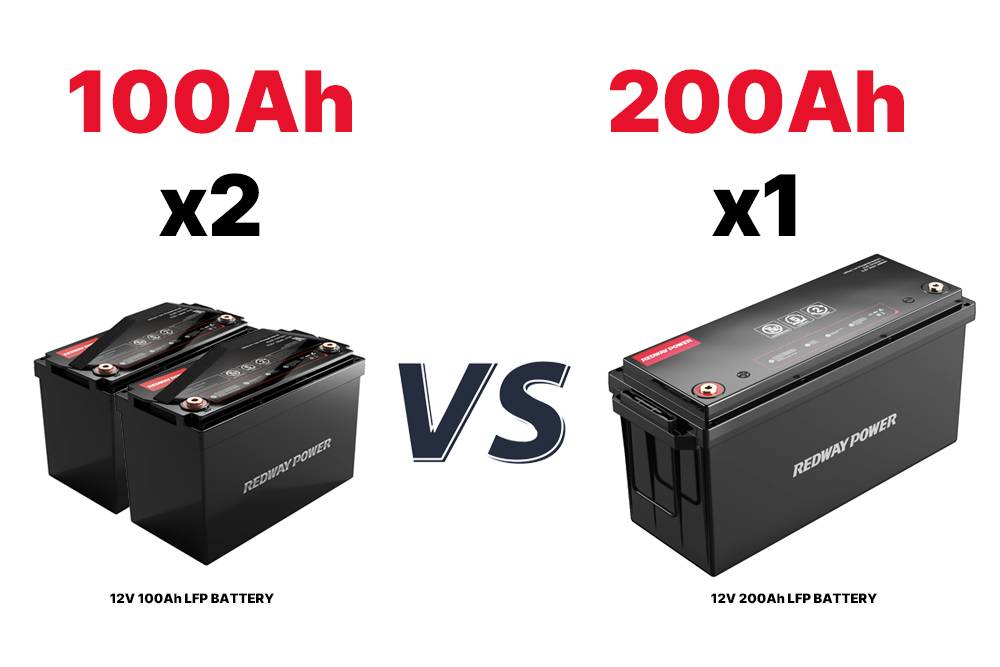
Blog
How Long Will a 1000W Inverter Run on a 100Ah Battery?
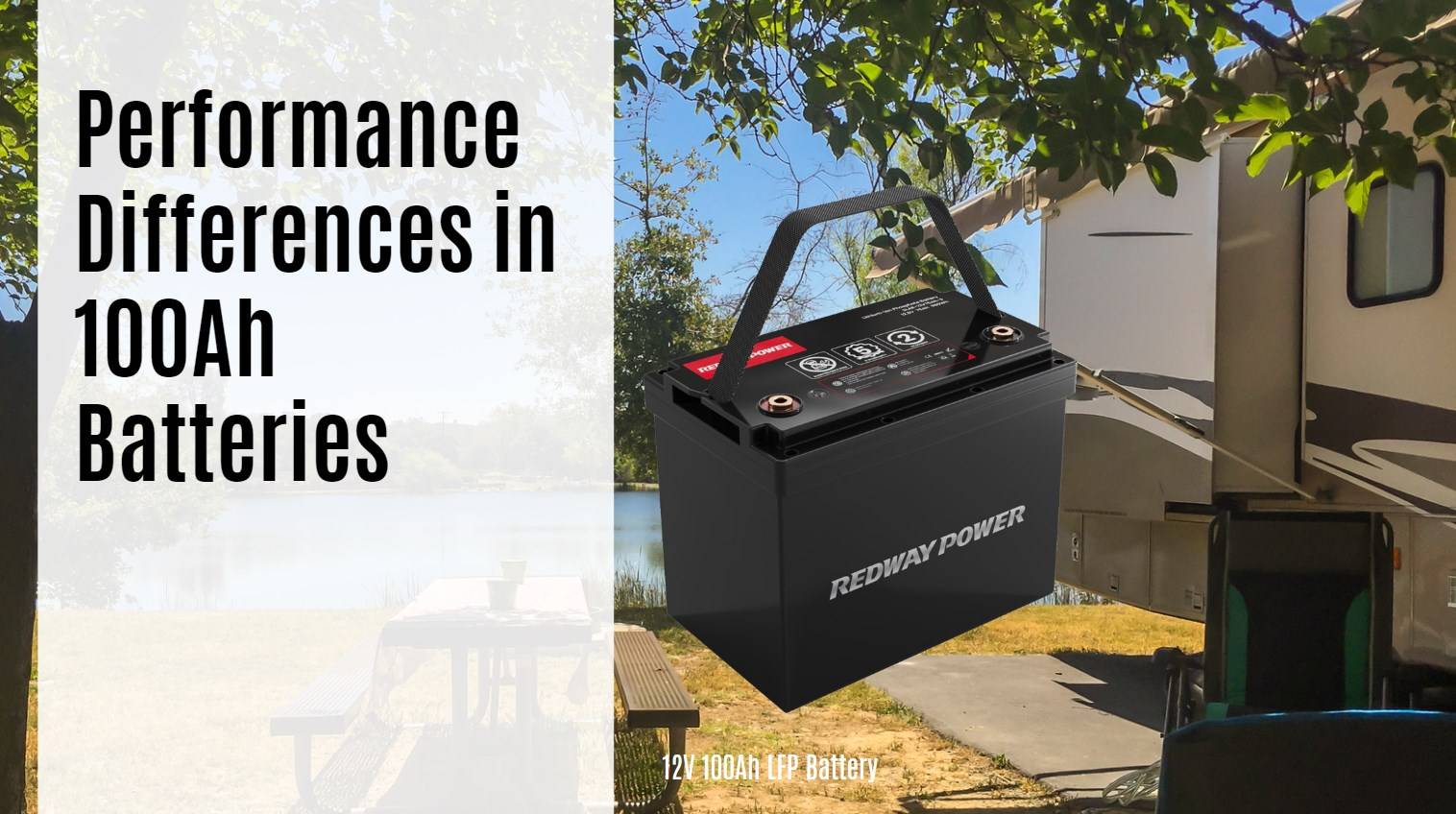
Understanding how long a 1000W inverter can run on a 100Ah battery is crucial for planning your power needs. The runtime depends on various factors, including battery capacity, load demand, and inverter efficiency. This article provides insights into calculating runtime and best practices for maximizing performance.
What Factors Determine How Long a 1000W Inverter Will Run on a 100Ah Battery?
Several key factors influence how long a 1000W inverter will run on a 100Ah battery:
- Battery Capacity (Ah): The amp-hour (Ah) rating indicates how much energy the battery can store. A higher Ah rating means longer usage time.
- Load Demand: The total wattage of devices powered by the inverter affects how quickly the battery discharges. Higher loads drain the battery faster.
- Inverter Efficiency: Not all energy from the battery is converted to usable power; inefficiencies in the inverter can reduce overall runtime.
- Temperature Conditions: Extreme temperatures can impact battery performance and lifespan, with cold temperatures reducing capacity.
Chart: Factors Influencing Runtime
| Factor | Impact on Runtime |
|---|---|
| Capacity (Ah) | Higher capacity = longer runtime |
| Load Demand | Higher load = shorter runtime |
| Inverter Efficiency | Lower efficiency = shorter runtime |
| Temperature | Extreme temps = reduced capacity |
How Do You Calculate Runtime for a 1000W Inverter with a 100Ah Battery?
To estimate how long a 1000W inverter will run on a 100Ah battery, you can use this formula:
First, convert the amp-hours to watt-hours:
For example, using a 12V system:
Now calculate runtime:
Chart: Example Calculation
| Parameter | Value |
|---|---|
| Battery Capacity | 100 Ah |
| Voltage | 12 V |
| Total Load | 1000 W |
| Estimated Runtime | 1.2 hours |
What Is the Impact of Inverter Efficiency on Runtime?
Inverter efficiency significantly affects how long your battery will last:
- Efficiency Ratings: Most inverters have efficiency ratings between 80% and 95%. This means that not all energy from the battery is used effectively.
- Energy Loss: If you have an inverter with an efficiency of 85%, only about 85% of your battery’s energy is converted into usable power, leading to shorter runtime.
To calculate effective runtime considering inverter efficiency:
Chart: Impact of Efficiency on Runtime
| Efficiency (%) | Effective Runtime |
|---|---|
| 80 | Shorter runtime |
| 90 | Longer runtime |
| 95 | Optimal runtime |
How Does Load Demand Affect Battery Life with an Inverter?
Load demand plays a critical role in determining how long your battery will last:
- Higher Loads: If you run multiple devices or high-wattage appliances, your battery will deplete faster.
- Lower Loads: Using fewer devices or lower-wattage appliances allows for longer runtime.
To illustrate this, consider two scenarios:
- Running a 500W load will allow your battery to last longer than running a 1000W load.
- If you reduce your load to 500W, you can effectively double your runtime.
Chart: Load Impact on Runtime
| Load (W) | Estimated Runtime |
|---|---|
| 500 | Approximately 2.4 hours |
| 750 | Approximately 1.6 hours |
| 1000 | Approximately 1.2 hours |
What Are Best Practices for Maximizing Runtime with a 100Ah Battery?
To optimize your setup and ensure efficient use of your battery:
- Choose Efficient Appliances: Use energy-efficient devices that consume less power.
- Monitor Usage: Keep track of total wattage being used to avoid exceeding capacity.
- Regular Maintenance: Ensure connections are clean and secure to minimize resistance.
- Charge Regularly: Maintain proper charge levels to prolong battery life.
Chart: Best Practices Overview
| Practice | Description |
|---|---|
| Choose Efficient Appliances | Reduces overall load |
| Monitor Usage | Prevents overload |
| Regular Maintenance | Ensures optimal performance |
| Charge Regularly | Prolongs battery lifespan |
FAQ Section
How long can I expect my battery to last with a 1000W inverter?
The estimated runtime depends on factors like load demand and inverter efficiency but generally ranges from about one hour to several hours based on usage.
Can I use any inverter with my battery setup?
Not all inverters are compatible; ensure that your inverter matches your battery’s specifications and intended use.
Should I fully discharge my battery before recharging it?
No, it’s best to avoid deep discharges; recharge when levels reach around 20% to prolong battery life.
Industrial News
The market for portable power solutions continues to grow as advancements in technology make them more efficient and accessible. Recent developments focus on improving inverter technology to enhance energy conversion rates and reduce losses during operation. As more consumers adopt renewable energy solutions, manufacturers are prioritizing innovations that cater to consumer needs while promoting environmental responsibility.
Expert Insight
“Understanding how to effectively use your battery with an inverter can significantly enhance your off-grid experience,” states an industry expert. “By considering factors like load demand and maintaining proper charging practices, users can maximize their system’s performance.” This perspective underscores the importance of informed choices when utilizing batteries and inverters together.




